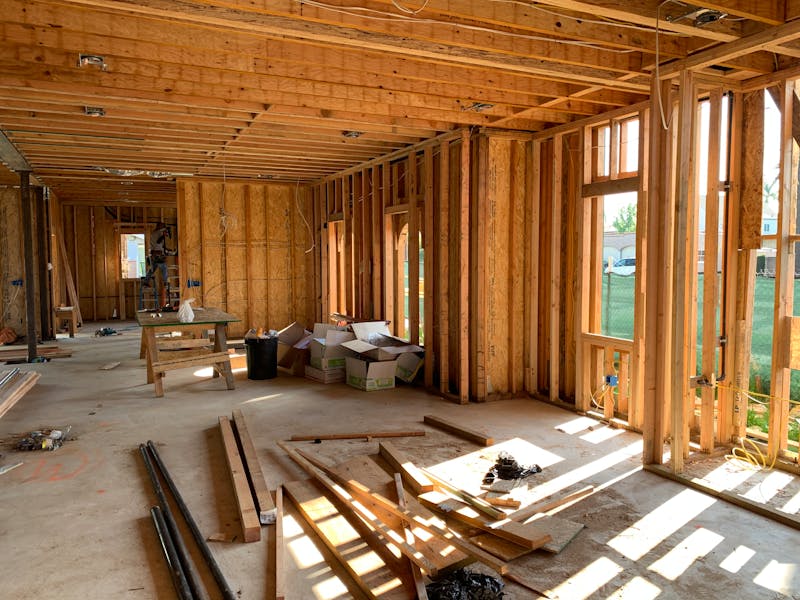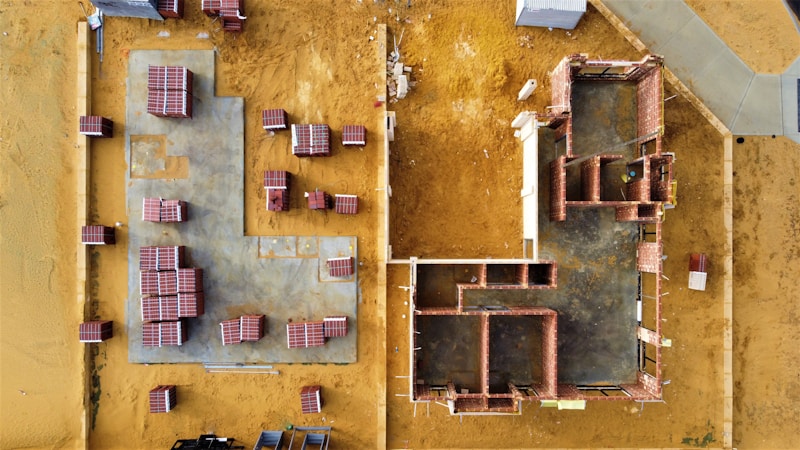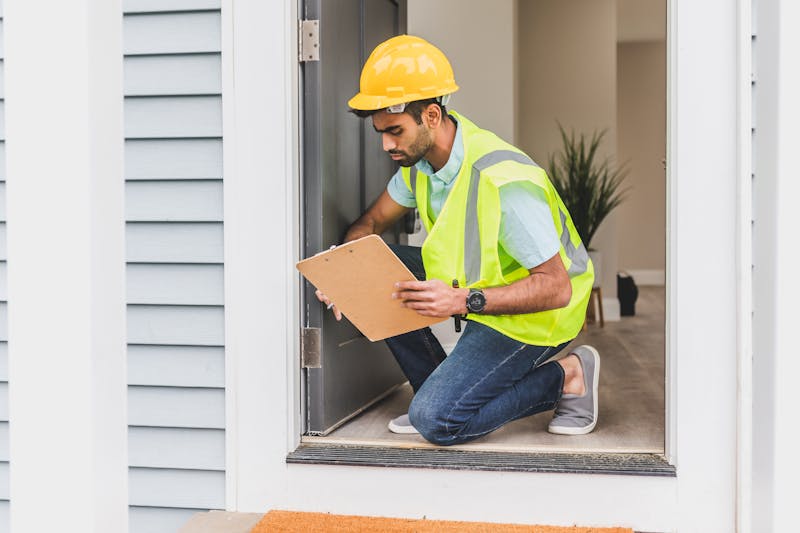Choosing a builder can feel overwhelming. The right builder will make your dream home a reality. This blog will help you ask smart questions and spot warning signs. Keep reading to make the best choice!
Key Questions to Ask a Builder
Picking the right builder starts with asking smart questions. These help you learn about their skills, plans, and how they handle challenges.
What is your experience with similar projects?
Ask how long the builder has been in business. More years often mean more experience and stability. Check if they have worked on projects like yours, such as renovations or custom homes.
Builders with similar past work can handle your project better.
Find out if they know current standards, materials, and techniques. Ask about their relationships with subcontractors and suppliers. Good connections can lead to smoother work and fewer delays.
Request examples of finished projects to ensure quality control is strong.
Can you provide a list of references?
Experience matters, but references show proof. A good builder offers contact details of past clients. These should include similar projects to yours. Speak with at least three references for a clear picture of the builder’s reputation.
Ask about budget compliance and project management skills. Learn if quality assurance met their standards. Check how problems were handled during construction or renovation. The most important question is simple: Would they hire this contractor again?
Who will be the main point of contact during the project?
Ask upfront who will handle project oversight and be your main contact. This person should communicate updates, manage subcontractors, and ensure the work follows plans. Confirm their qualifications and decision-making authority to address concerns fast.
Check if there is a backup contact in case they are unavailable. Discuss how often updates will be shared, like weekly calls or emails. Agree on communication methods to avoid misunderstandings during construction.
Ensure you feel at ease working with them for smooth progress throughout the project.
What is the estimated timeline, and how are delays handled?
Discuss the project timeline with your builder early. Ask for a detailed construction schedule. Primary cost estimates might take about one week to prepare, while complete budgets can take three to four weeks.
Clear planning helps avoid confusion later.
Find out how delays are addressed. Builders should inform clients quickly if issues arise. Understand their process for resolving problems and keeping work on track. Ask about change orders or upgrade pricing too, so there are no surprises during construction.
Red Flags to Watch For
Watch for warning signs that could signal trouble ahead—stay alert and informed!
Vague or incomplete answers
Vague answers can signal trouble. Builders should clearly explain timelines, delays, and project details. If they avoid specifics or seem unsure, it shows poor communication or disorganization.
This may cause bigger issues later.
Evasive responses about challenges also raise concerns. Professional builders address problems with clear solutions. Lack of transparency means low accountability and reliability. Always expect detailed answers for trust and clarity in the process.
No written estimates or contracts
No written estimates or contracts show a lack of professionalism. Builders should always provide detailed, itemized estimates in writing. These must include the scope of work, payment schedule, and all specifications like materials and finishes.
Without this, homeowners have no clear protection.
Verbal agreements are risky and can lead to extra costs or unfinished tasks. A proper contract defines responsibilities clearly and avoids confusion later. Pressure to pay deposits without signed documents is a major warning sign too.
Lack of paperwork shows poor accountability and commitment from the builder.
Next red flag: lack of references or negative reviews…
Lack of references or negative reviews
A lack of references raises concerns. A reliable contractor should easily share a list of past clients. Hesitation might mean poor reputation or low-quality work. Research online reviews and pay attention to complaints about delays, materials, or communication.
Repetitive negative feedback is a red flag. Look for patterns in unresolved issues or poor results. Consistent positive feedback shows reliability and good construction quality. Check model homes to see their craftsmanship up close, including flooring and cabinets.
Unwillingness to provide proof of insurance or licensing
Contractors must show proof of insurance and licensing. Builders without these may not follow rules or safety standards. This puts homeowners at risk of liability if accidents happen during construction.
Licensed builders also ensure the project meets legal and quality requirements.
Insurance is critical for covering damages or worker injuries. Workers’ compensation protects both the homeowner and workers on-site. Always verify licenses with local boards to confirm compliance.
Builders with no insurance can cause big problems and extra costs for homeowners later.
Tips for Choosing the Right Builder
Check their background and confirm they have the proper licenses. Look at reviews to see how others rate their work.
Compare multiple bids carefully
Get at least three bids for better comparison. Provide the same detailed scope of work to each contractor. This ensures consistency in pricing and avoids confusion.
Look closely at all estimates against your budget. Watch for very low bids with no clear reason, as they can mean hidden costs later. Ask questions about unclear details to avoid surprises.
Verify credentials and certifications
Check the builder’s qualifications and licensing. A Class 2 Builder license is required for multi-residential projects to get home warranty insurance. Ask for proof of business licensing, workers’ compensation, and liability insurance.
Review completed projects to confirm their claims. Membership in professional groups shows they follow industry standards and value learning. Builders should know local codes, materials, and processes.
Reliable builders provide clear documentation without hesitation.
Bottom Line
Finding the right builder can make or break your project. Ask key questions, check references, and visit past work to see their quality. Watch for red flags like no contracts or vague answers.
Compare builders carefully before making a choice. The right fit will bring your vision to life!







